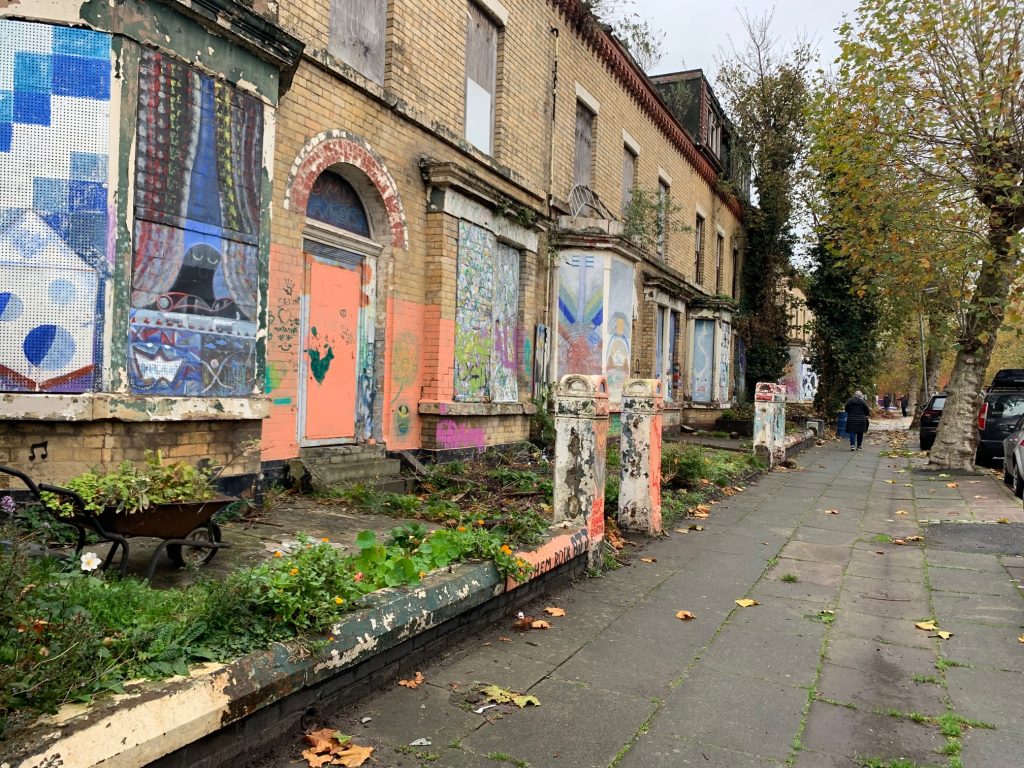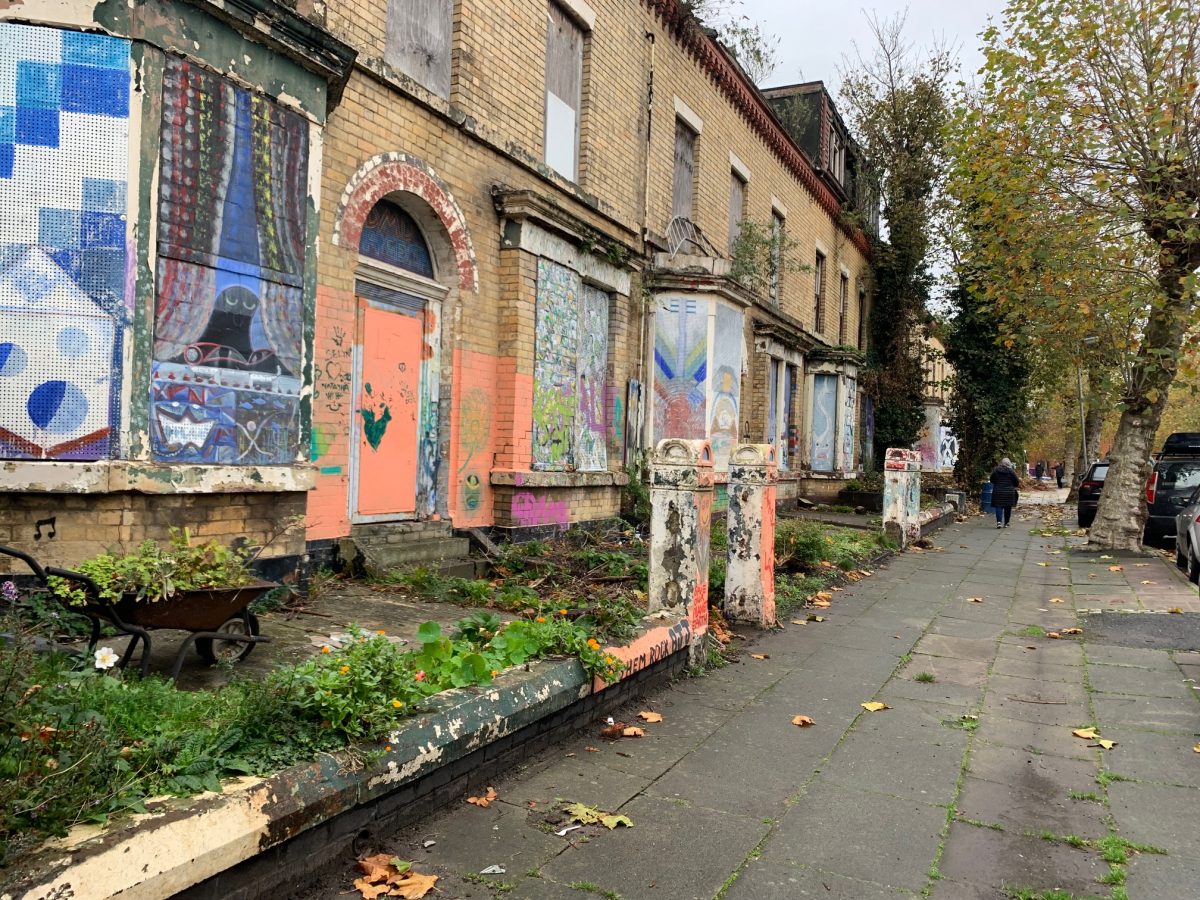
T4CG Newsletter, November 2022. This is an extract – to view full version click here
John 8:31-32
Dear Friends
Welcome to the latest T4CG Newsletter.
This is a time between eras, where the old is dying and the new is emerging. It is clear that the socio-economic model in the West has failed. For decades we have been governed by a political class, no matter which party was in power, content to give free rein to a philosophy based on a narrow economic logic and a false idea of freedom. This individualistic, globalist ideology has led to the degradation of too many people and places and undermined our democratic life. It has failed because it is based on a false anthropology, one that regards people as isolated individuals, rather than as relational beings made in the image of God.
The technocrats are back, and their competence can give false hope. But it is right to give credit where credit is due: re-commitment to Levelling Up, and to vocational and technical education, is welcome. The new settlement required must take account of the interests of all our fellow citizens: a common good that balances a plurality of interests and identities. It must be at once both conservative and radical, and until such a settlement is reached we will see more pain and instability.
We recognise the forces that have been corroding trust and fostering division. For over forty years we have seen our culture shift into an individualistic worldview, leading to the abandonment of whole communities. We have seen a breach of the common good. But after the death of the late Queen Elizabeth II, there was an almost mystical moment of constitutional renewal. We were reminded that our ancient institutions are important and that it is human beings who keep the country going. We felt a sense of the transcendent.
Our work for more than ten years has been to sow seeds: telling a story about what’s gone wrong and why this new settlement is required for human flourishing – and to propose what its characteristics need to be. Rather than a progressive utopian dream, a cultural revolution, a faith in trickle down or a technocracy, we hold to an ethical, grounded approach shaped by a rigorous non-partisan framework we call Common Good Thinking. This practical vision is rooted in Scripture, God’s worldview; and it is anchored in Catholic social thought, which is built upon a true anthropology.
We are dedicated to spiritual and social renewal. Despite decline in some churches, Christians have an important contribution to make. We are called to be the embodiment of love in a desecrated world. But many leaders are confused; their formation did not equip them for this moment. Churches have become marginal, falling out of relationship with local communities. The kind of leadership required now is adaptive, it requires listening to the Spirit and becoming less programmatic, more relational and less managerial. It means refusing tribalism and engaging beyond our comfort zone. It means being more neighbour than host. Our social action must become less service-client, and more about genuine friendships of trust and reciprocity. It means being attentive to where the Spirit is at work, helping people navigate the sacred in their lives.
By renewing our relationship with people and place, each church or missional community can discern their unique vocation for the common good. In the coming years, local solidarity and resilience will be fundamental. Increasing global volatility and international crises around food and energy supply chains mean life will change and for many it will be harder. From every angle, the imperative to build covenantal, local relationships is clear. That means having a chat at the checkout, it means hearing one another’s stories and finding shared purpose. The Kingdom requires that we build alliances of social peace – across class, across ethnicity, across opinion.
It’s time to get real. We are at a pivotal, some might say, a Kairos moment. In the West we’ve become complacent, living in a kind of dream, believing that progress would always go our way. Meanwhile our societies have been unravelling and fragmenting. We may now have to adopt an attitude of “tragic realism”, a more modest, more sober, less naive, less idealistic view, on both the left and the right. And those of us committed to common good must be resolute. There is no avoiding the importance of genuine relationship, it cannot be outsourced: no advocacy or campaigning is a substitute for human connection and tenderness. People across the churches are uniquely placed, as sojourners in a broken world, alongside their neighbours, to be builders of the Kingdom; to be “repairers of the breach” (Isaiah 58:12).
In this edition we are delighted to bring you a wealth of resources. We have Tim Thorlby on Levelling Up for the Common Good, and the two latest lectures in our series at Lincoln Cathedral, Just Church? and Just Being? from Malcolm Brown and Edward Hadas. We have three new, free resources for churches: one for the World Day of the Poor, another for the Feast of Christ the King, and a podcast series on Synodality with Jenny Sinclair and Sean Ryan of T4CG. And for schools we bring you a short resource on the Queen and the Common Good. And as usual, you will find our latest signs of the times selection of articles and recommended books too.
Every blessing on you and your family,
Together for the Common Good
*This is an extract from our November 2022 mailing. To read the full content, click here

